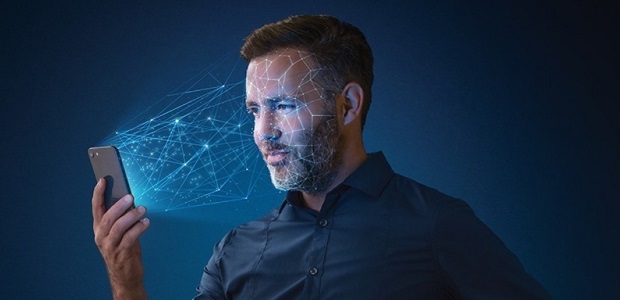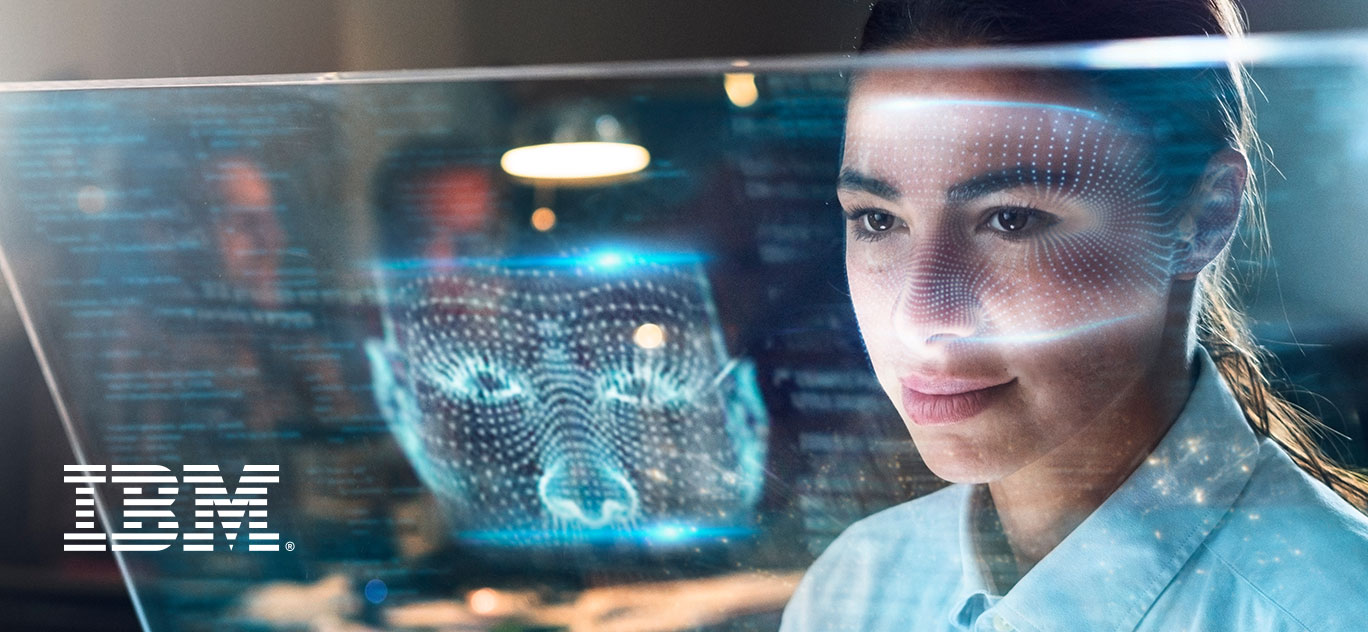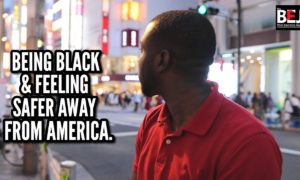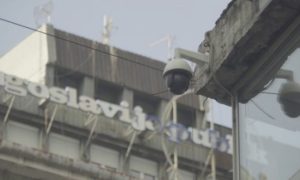On one side of the story lies the bungled COVID-19 health crisis. On the other, protests and anger ignited by shocking police violence, that revived the Black Lives Matter movement worldwide. Caught between the two, IBM declared on June 8, its decision to abandon the marketing of facial recognition software, having been driven by the protest actions into honoring its ethical charter.
“Technology can increase transparency and help the police to protect communities, but must not promote discrimination or racial injustice”, Arving Krishna, the company’s CEO notably commented.
The announcement has garnered few reactions, except a few political economy analysts, technophiles, and activists. And yet it could indicate major changes in the influence which technology exerts on our lives.
Facial recognition software permits individuals to be identified from photos or videos in an automated way. To achieve this, it relies on two pillars: a reference dataset of pre-recorded images, and large processing capacity. Both are areas that have seen phenomenal progress recently, owing to innovations in Big Data and in Artificial Intelligence (AI). Scaling-up facial recognition massively has thus become a possibility.
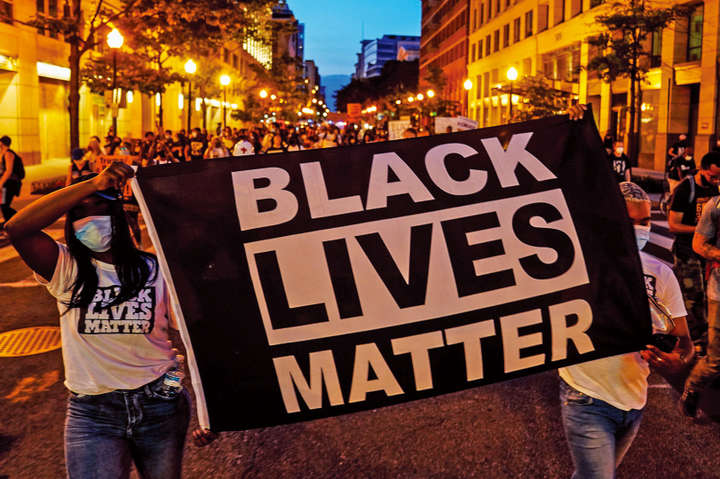
For several years, examples have mushroomed worldwide. As far back as February 2005, the police department of Los Angeles was using a system developed by General Electric and Hamilton Pacific. It’s a practice that has since become generalized and accelerated. In 2019, China had a total of 200 million video surveillance cameras on its soil. An even denser network is under preparation in Russia. Not to mention the initiatives of cities like Nice, which is currently testing the technology, or London, where cameras analyze the faces of passers-by (without informing them) with the aim of locating people being sought by the authorities.
Authorities justify such automated surveillance by security imperatives: in late 2016, the International Criminal Organization, Interpol, claimed the identification of over 650 felons, fugitives, persons of interest, or missing persons. It is all done in the name of the struggle against criminality, terrorism, or more recently the spread of coronavirus.
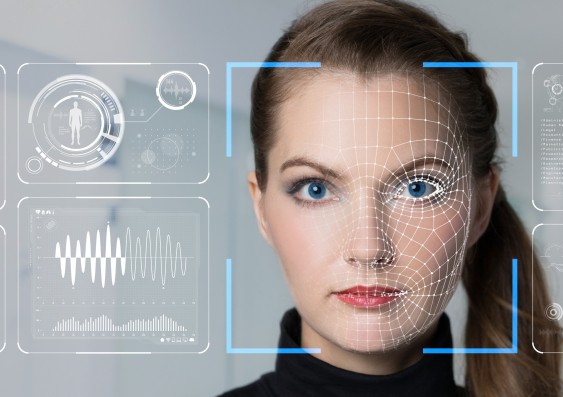
But as with other advanced technologies, facial recognition is a double-edged sword. The progress it brings is accompanied by threats, particularly to civil liberties.
Several digital rights organizations have been alerting the public opinion to potential threats and abuses enabled by facial recognition. Among them, the Electronic Frontier Foundation (EFF) and La Quadrature du Net. The latter is co-ordinating a campaign called Technopolice, an initiative which logs and exposes automatic surveillance plans in France, and calls for systematic resistance.
